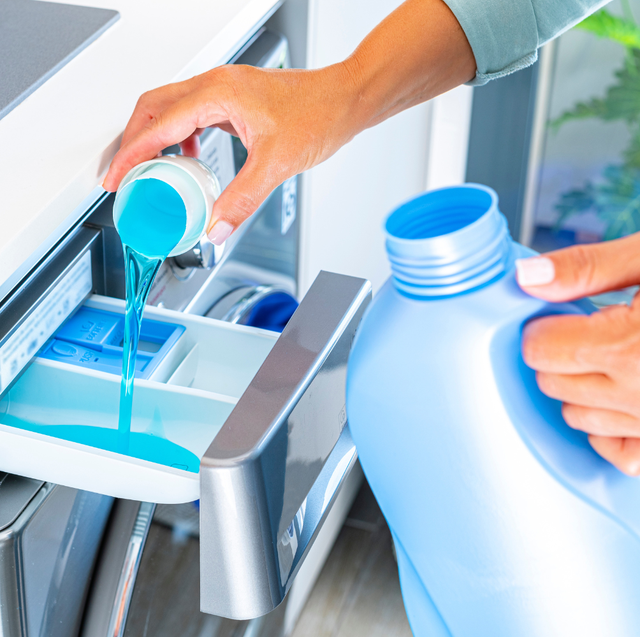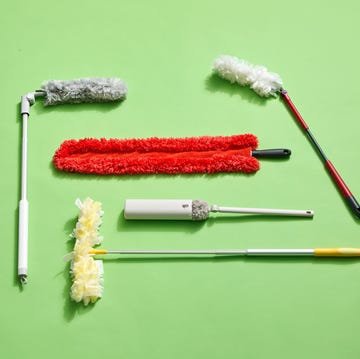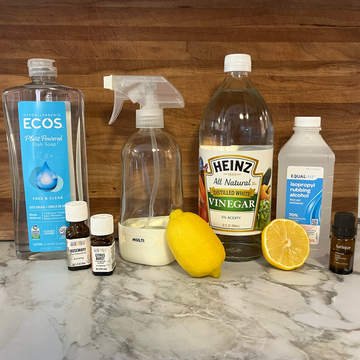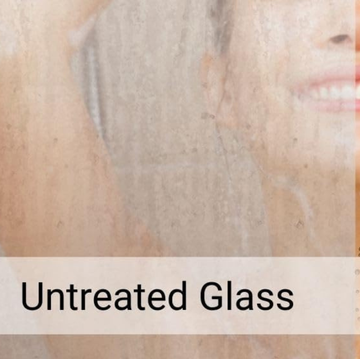7 Things You Should Never Use Fabric Softener On
Softener can compromise or even flat-out ruin these materials.

Getting clean, fresh-smelling clothes requires more than the best washing machines and dryers. Along with a quality detergent, laundry additives like an effective stain remover or fabric softener can help keep items cleaner, softer and static-free.
But most of these additives aren't necessary every time you run a load. Think of fabric softener as a conditioner for your clothes. It penetrates and coats the fibers, smoothing them out, making them feel softer and more pliable and less prone to creasing — a plus for reducing static and wrinkles. However, on certain materials, softener can build up over time, destroying moisture-wicking coatings, reducing absorbency or even causing discoloration.
You should always check your garment or household item's laundry care label before washing, but in general, the cleaning pros at the Good Housekeeping Institute's Home Care & Cleaning Lab recommend skipping the fabric softener when washing the following materials.
Brigitt is a writer, editor and craft stylist with nearly 15 years of experience. She specializes in lifestyle topics, including home, health, parenting, beauty, style, food, entertaining, travel and weddings. She has written for Glamour, People, Good Housekeeping, Women's Health, Real Simple, Martha Stewart, Apartment Therapy, The Spruce, and more.


Should You Wear "Outside Clothes" in Bed?

Can You Toss The Detergent Cap in With Laundry?

The Best Jewelry Cleaners

The Best Dusters














